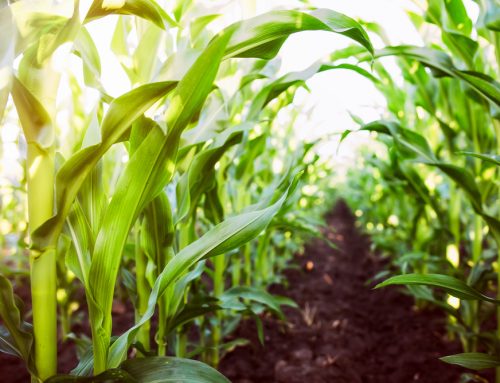Vaccination of foxes and other wild carnivores to combat rabies began in the first week of November, launching from the Ečka and Trstenik airports. This activity is a joint effort between the European Union and the Serbian Ministry of Agriculture, Forestry, and Water Management. The EU has allocated €4.6 million for four vaccination campaigns – two of them were complited this year, and two more are planned for the next one.
Representatives of both institutions welcomed this initiative, including the EU Ambassador to Serbia, Emanuele Giaufret, and the State Secretary of the Ministry of Agriculture, Forestry and Water Management – Bratislav Ćirković. During their visit to the Ečka airport near Zrenjanin, Ambassador Giaufret recalled that the EU has been supporting the vaccination of wild carnivores in Serbia since 2010, investing almost €16 million in the effort to date, excluding the additional €4.6 million for the current campaign.
„Fortunately, Serbia has not reported a single case of rabies for years, thanks to the European Union’s efforts. This activity is of critical importance—animal health is key to human health, especially in the food production process. The EU significantly supports Serbia in this endeavor. Beyond the €20.6 million allocated specifically for rabies eradication from 2010 to today, the EU’s overall support to Serbia is measured in much larger figures. For the last two decades, the EU has been helping Serbian agricultural sector with over half billion euro”, said Ambassador Giaufret.
Foxes are the most common carriers of rabies, which is why oral vaccination primarily targets them. Interestingly, this activity is conducted from the air. The rabies vaccines are encased in a bait that resembles a cookie, with a scent designed to attract wild animals. When a fox consumes the bait, it becomes immunized against rabies. Oral rabies vaccines are not harmful to pets that might come into contact with the bait.
“The Republic of Serbia is the first country in the region where, since 2010, a program of oral vaccination of foxes and other carnivorous species against rabies has been implemented, with the aim of eradicating this disease. This resulted in the fact that the last registered case of rabies in wild animals in our country was registered six years ago. In addition, a great contribution was also made by hunting associations throughout Serbia, which submitted every shot fox for sampling. In this way, the Republic of Serbia has shown a high level of responsibility, because by reducing the transmission of infected vectors, carnivores in neighboring countries have also been saved”, said Bratislav Ćirković.
A rabid fox in rural areas can pose a threat to domestic animals, causing significant damage to farmers. Additionally, foxes sometimes wander into urban areas, where they can come into contact with stray or pet dogs and cats. In any case, a rabid animal represents a risk to humans, regardless of where they live.








